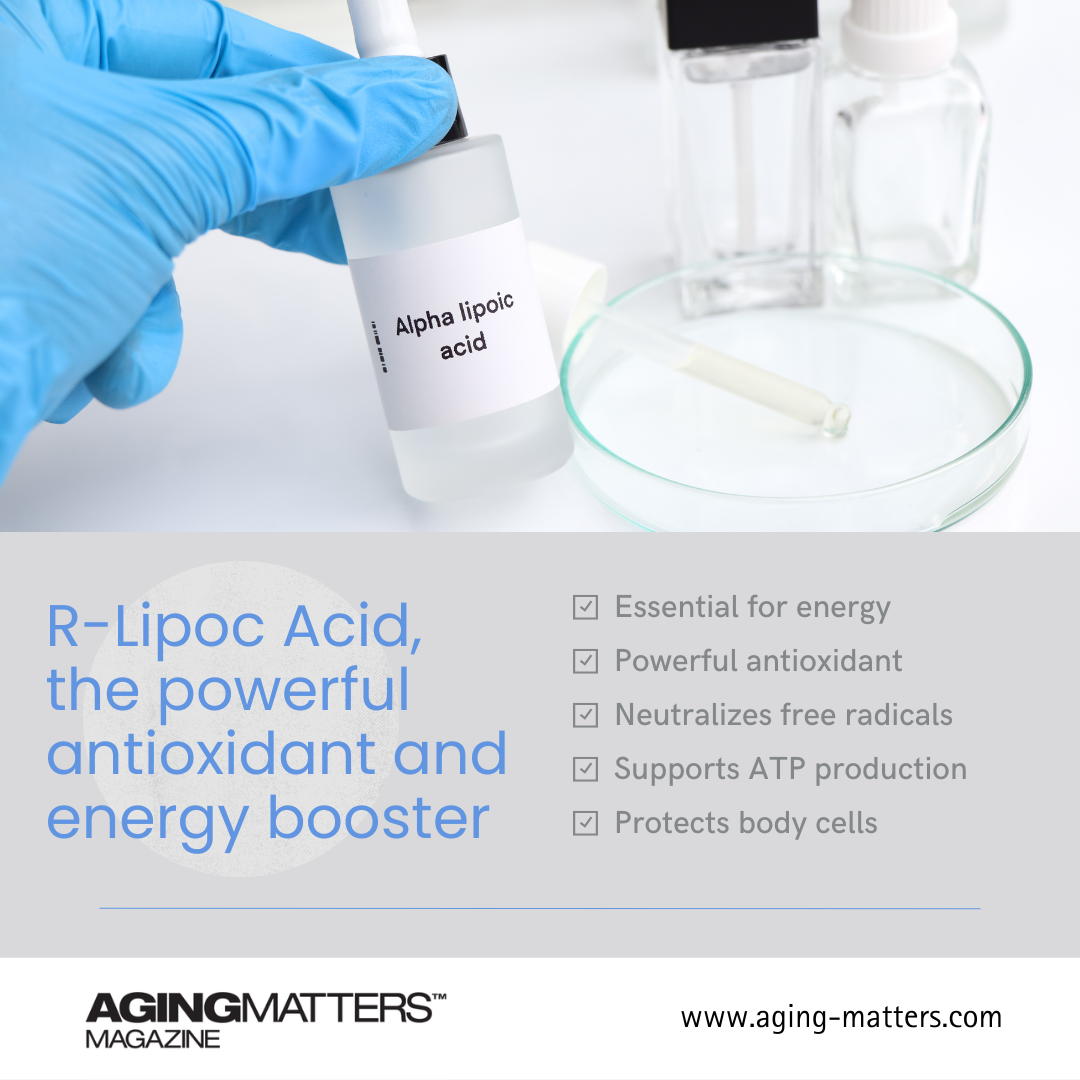
Reducing arterial stiffness could reduce risk of dementia
December 6th, 2018A recent study looking into the links between arterial stiffness and cognitive decline has presented data that shows people aged 50+ with higher than normal blood pressure are at a higher risk of developing dementia and related cognitive/memory issues.
This study, the findings of which have been published in the European Heart Journal, is part of the long running UCL based study of over 10,000 civil servants which has been in progress since 1985. This particular element has looked at the links between stiffness in the arteries and memory issues, as well as how irregular pulse rates in middle age could also be an indicator of cognitive decline.
Arterial stffness, also known as arterial hardening, is caused by a build up of flatty plaques which in turn leads to inflammation. This can cause the blood pressure to rise which damages the arteries and increases the risk of stroke and heart attack.
Study details
The long running UCL study consists of over 10,000 participants aged between 35-55. When it began in 1985, these individuals had their blood pressure measured, and then again, every 6 years since until the most recent in 2021.
The results of this have shown:
- Those with stiffer arteries at the start were twice as likely to be experiencing cognitive decline and memory problems after 10 years than those who did not have stiff arteries.
- 385 candidiates had developed dementia by 2017; this was at an avg age of 75.
- Scientists do not yet know exactly how arterial stiffness and dementia are linked, but there is thought to be correlation between how arteries that are more “elastic” cushion the pressure of the blood travelling to the brain more than stiffer arteries.
- A possible theory linking raised blood pressure and dementia include the fact that high blood pressure is associated with mini stokes- symptoms of this often go unnoticed.
Dr Abell said: “It is important to emphasise that this is observational, population-level research and so these findings do not translate directly into implications for individual patients. There is plenty of evidence to suggest that maintaining a healthy blood pressure in middle age is important for both your heart and your brain later in life. Anyone who is concerned about their blood pressure levels should consult their GP.”
Dr Abell is a research associate in Dementia and Epidemiology at UCL and a post-doctoral research fellow at INSERM
How can you help to soften your arteries?
- Regular exercise can help to maintain the health of blood vessels leading to the heart. Exercise can also strengthen the heart muscle itself, for overall better heart health.
- Stop smoking, this is a very important change you can make to reduce your risk of heart disease or a stroke.
- Control your cholesterol and make better decisions around your diet.
Supplements to aid a healthy cardiovascular system
Nitric oxide is a unique molecule that is known to improve blood flow throughout the body, this is due to relaxing the smooth muscle of the endothelium (the inner lining of the blood vessel walls).
Nitric-Pro4 is a cardiovascular drink that works in 40 minutes to soften your arteries for better blood flow and a healthy heart.
Using Nitric-Pro4 regularly can benefit in numerous ways; these include:
- The ability to help lower and normalize high-blood pressure conditions.
- Softening arteries and reducing the risk of cardiovascular conditions.
- Improving blood flow around the body.
Ventfort® is the blood cell peptide bioregulator, which improves the performance of the blood vessels. The peptide helps the tropism of the vascular wall and controls their metabolic processes. By normalising the functional and morphological changes in the vascular wall, they regulate blood and cholesterol to decrease the risk of various vascular issues.
Another key peptide that can be used in combination is Chelohart®, it works to regulate the heart and combat heart related conditions such as: coronary artery disease, hypertensions, hypertonia, myocarditis, atrial fibrillation and heart failure.
Further Reading
1.) Moderately high blood pressure linked to higher dementia risk: https://www.ucl.ac.uk/news/2018/jun/moderately-high-blood-pressure-50-linked-higher-dementia-risk
2.) Reducing arterial stiffness could reduce the risk of dementia, new study suggests: https://www.ctvnews.ca/health/reducing-arterial-stiffness-could-reduce-the-risk-of-dementia-new-study-suggests-1.4139392
3) Carotid artery wave intensity in mid- to late-life predicts cognitive decline: the Whitehall II study: https://academic.oup.com/eurheartj/article/40/28/2300/5428554?searchresult=1








